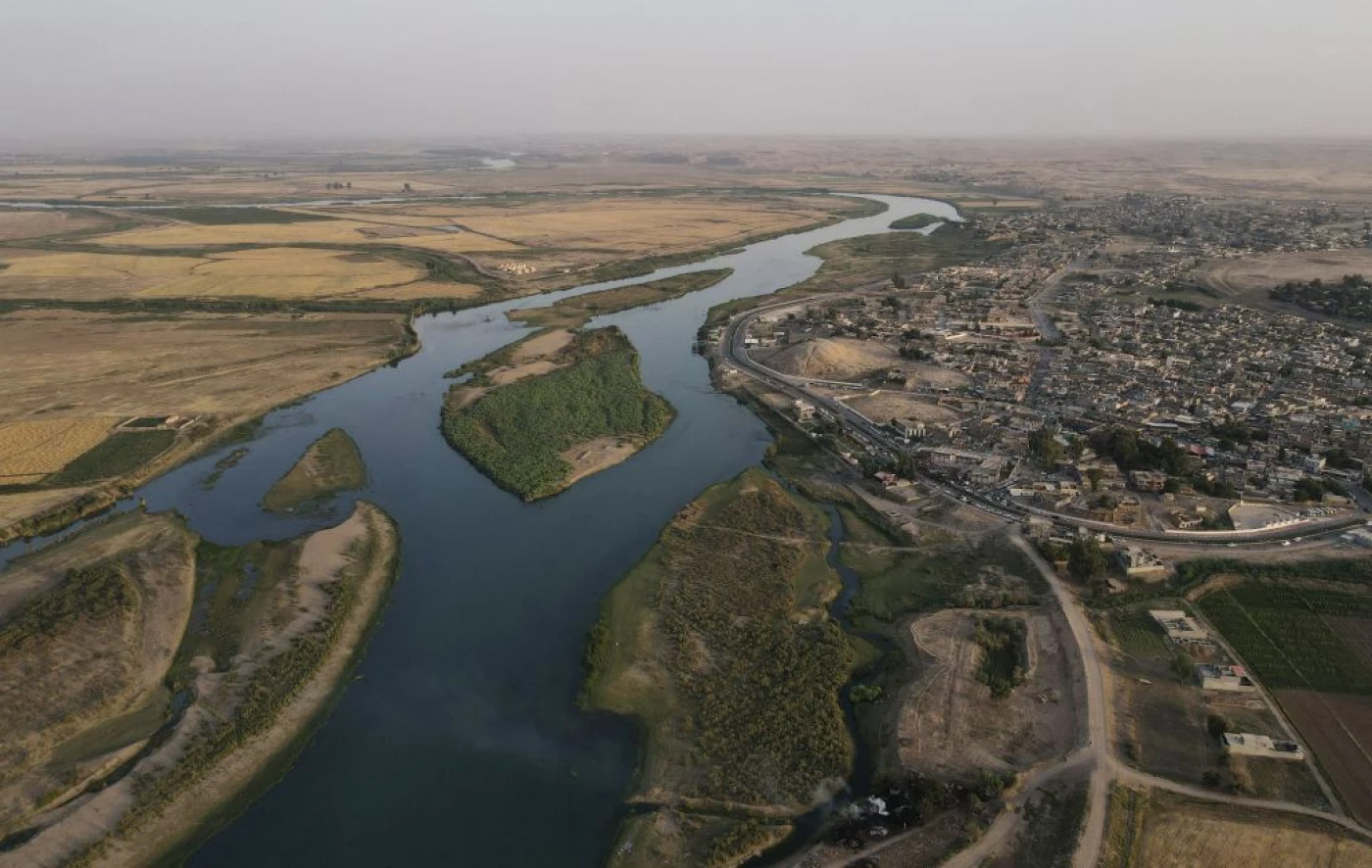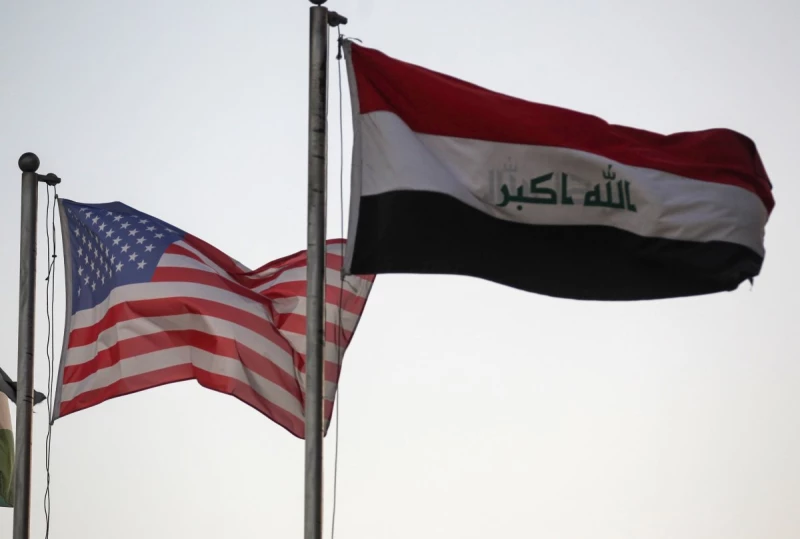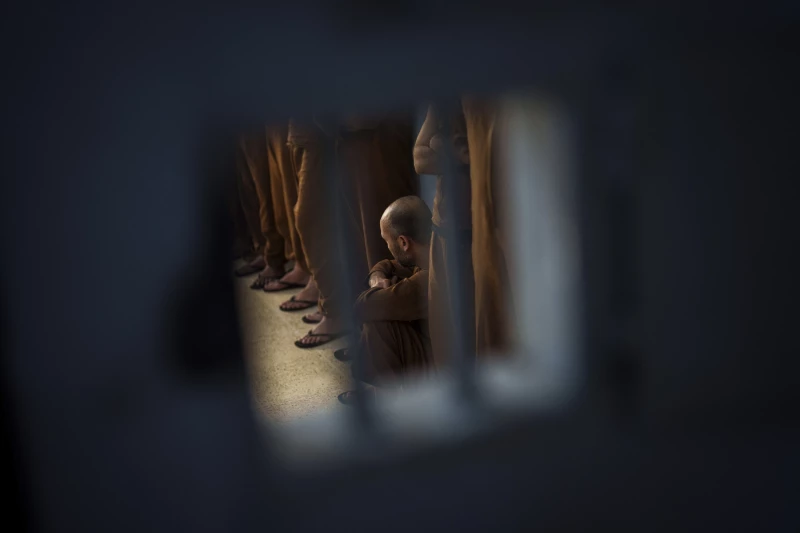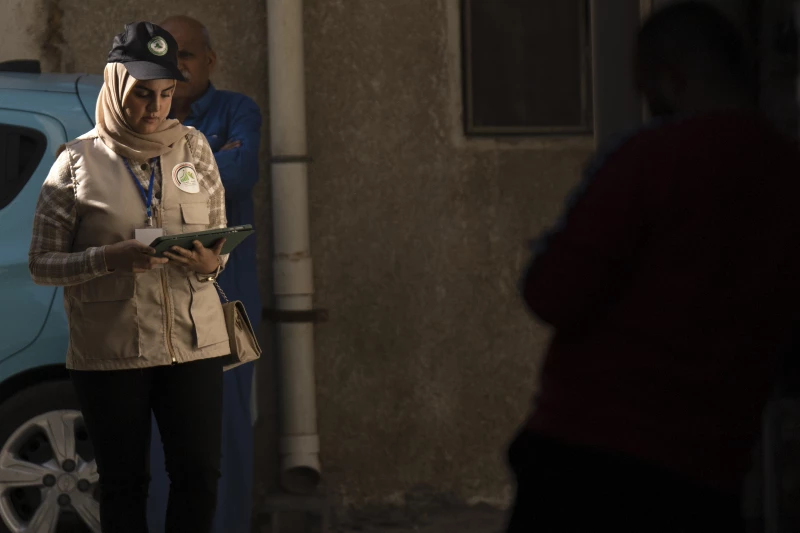ERBIL, Kurdistan Region of Iraq - The Green Iraq Observatory, an environmental monitoring body, said Thursday that Turkey’s water storage in its dams is equal to eight times the capacity of the Mosul Dam, warning that thousands of illegal fish farms and government violations on the Tigris and Euphrates rivers are worsening the country’s water crisis.
The group said Turkey has built about 20 dams on the two rivers over the past four decades, causing serious harm to Iraq’s water supply. The dams hold an estimated 80 billion cubic meters of water, which is equal to the Mosul Dam’s full capacity multiplied by eight.
According to the observatory, Iraq used to receive enough inflows before Turkey’s dam projects to fill its reservoirs, raise river levels, sustain agriculture, revive the southern marshes, keep back saltwater, and control tidal fluctuations. Now, it said, Iraq gets only 35 percent of its fair share.
On the Tigris River, Iraq receives about 200 cubic meters of water per second, while it needs more than 450 cubic meters per second. The Euphrates brings about 151 cubic meters per second, although the country requires 350 cubic meters per second.
The group also reported what it called serious violations by provinces, districts, and towns, saying these amount to “usurping the rights of others.” It added that liquid and solid waste, much of it from government institutions, continues to be dumped directly into both rivers.
Encroachments on river buffer zones and the building of structures that block water flow and delay maintenance work are also major problems, the observatory said.
Another concern is the growing number of fish farms. Since 2019, about 20,000 illegal fish ponds have been established, the observatory said. A national campaign has so far removed 11,000 of them because they take water from the rivers, increase surface evaporation, and cause pollution.
In July, Turkey announced it would increase water flow to Iraq to help ease the country’s severe drought, but the extra water was expected to take several days to arrive due to the distance. Iraq relies heavily on Turkey for nearly 70% of its water needs, and the additional flow, set at 420 cubic meters per second, was planned to reach the Mosul Dam on the Tigris and the Haditha Dam on the Euphrates.
Officials at the time said the increase would help replenish Iraq’s depleted water reserves, raise river levels, and support agricultural and drinking water needs. However, experts cautioned that the measure was temporary and would not solve Iraq’s long-term water crisis, worsened by low rainfall, high temperatures, upstream dams, and rising salinity in southern waterways.



 Facebook
Facebook
 LinkedIn
LinkedIn
 Telegram
Telegram
 X
X


